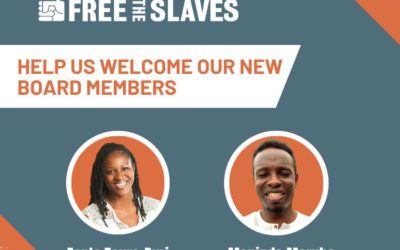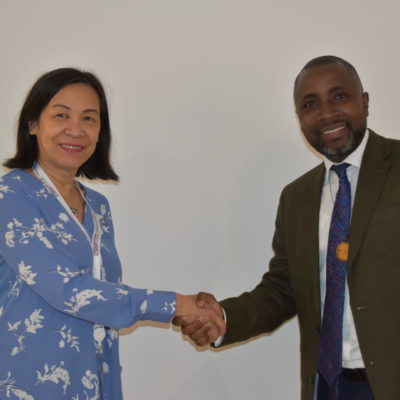Free the Slaves co-founder Kevin Bales was on CNN last Friday. He was interviewed by Richard Quest about the state of slavery in the cocoa industry. Just over 10 years ago, in September 2001, Free the Slaves helped broker the historic Harkin-Engel Protocol.
Otherwise known as the “Cocoa Protocol,” the agreement marked the first time in the 250-year history of the anti-slavery movement that a global industry took responsibility for slavery in its supply chain. Chocolate companies, several NGOs, international labor organizations, Senator Harkin, Representative Engel, and the governments of Ghana and Cote d’Ivoire all signed on.
The agreement was inspired by a growing awareness of slavery and other human rights abuses on the cocoa farms of West Africa. Free the Slaves helped shed light on these abuses in the Peabody award-winning documentary, “Slavery: A Global Investigation” which aired in 2001.
In the CNN interview above, Kevin Bales reflects on what has happened in the 10 years since the protocol was signed:
“I was proud to sign it and not least because there is something historic about an entire industry coming together to pool their funds to address the issue of child slavery and adult slavery in cocoa… But I am disappointed. To a large part it’s a resource question. It’s about the fact that while several million dollars a year are moving from the chocolate industry into work on the ground in West Africa, it’s simply not enough to meet the size of the problem… I believe that any time anyone happens to be in slavery, that’s a serious problem.”
Bales added that, while it is important to continue to pressure the chocolate industry to keep their supply chains free of slavery, there are other cocoa-using industries—like cosmetics and food manufacturers—that have not “taken part in dealing with the problem in their source material.”



